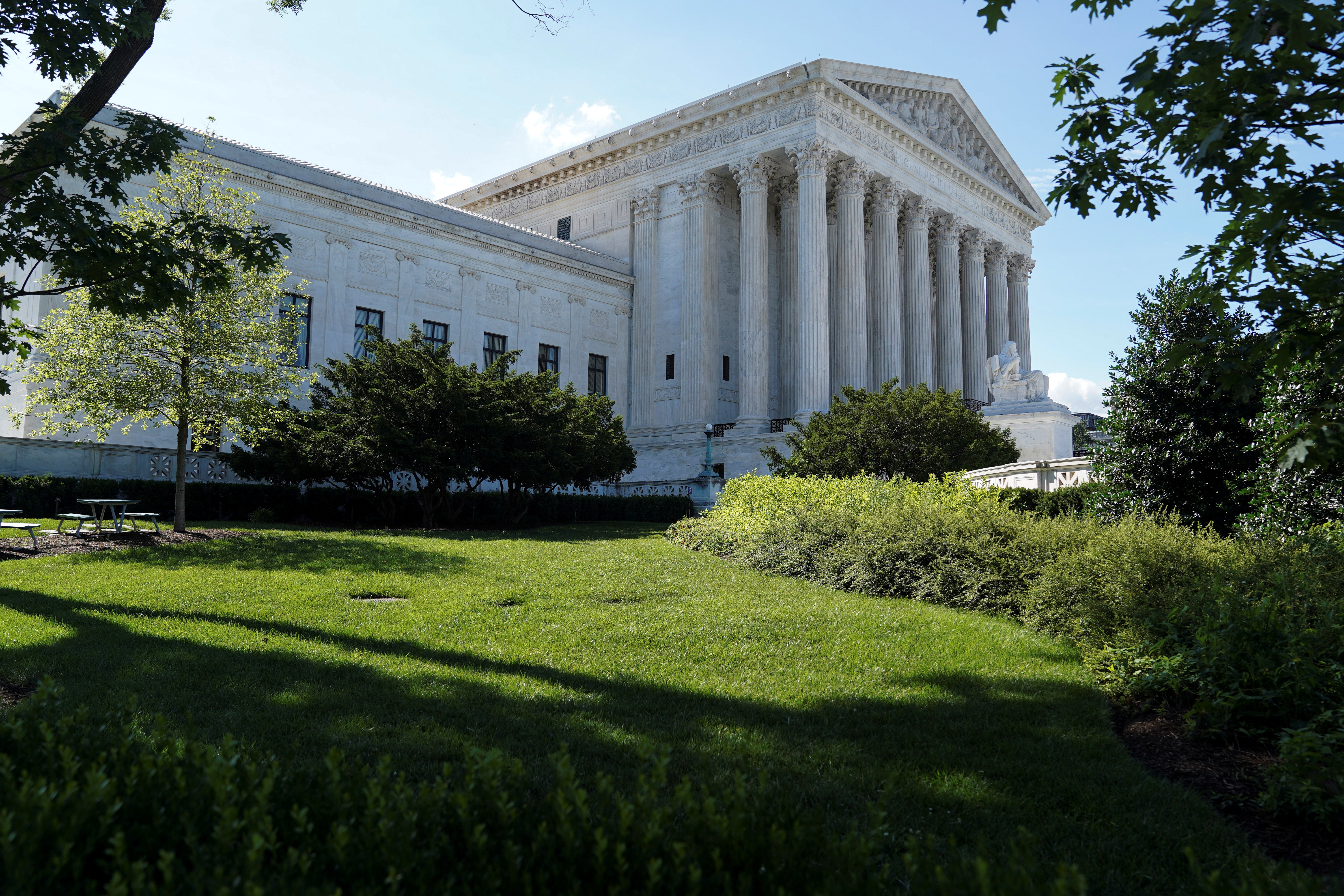By: David French – nationalreview.com – June 27, 2018
In Janus v. AFSCME, the court struck a strong blow against government-compelled speech for the third time this term.
Perhaps the worst government affront to the rights of conscience, far worse than mere censorship, is compelled speech, the practice of forcing Americans to fund or express ideas they find abhorrent. It’s one thing to tell a man or woman that they can’t speak. It’s another thing entirely to compel them to use their voice, their artistic talents, or their pocketbook in support of a cultural, political, or religious enterprise with which they disagree.
Yet that’s exactly what the state of Colorado tried to do in punishing Christian baker Jack Phillips for refusing to use his artistic talents in the service of a gay-marriage ceremony. That’s exactly what the state of California tried to do in legally mandating that pro-life pregnancy centers advertise for free abortions. And that’s exactly what the state of Illinois tried to do in requiring non-union public employees to fund union activities.
Today, the Supreme Court released its decision in the last of these cases, Janus v. State, County, and Municipal Employees. At issue was an Illinois law that forced state employees to subsidize public-employee unions, “even if they choose not to join and strongly object to the positions the union takes in collective bargaining and related activities.” Illinois required these employees to pay a so-called agency fee that funded (among other things) collective bargaining, lobbying, social activities, membership meetings, and litigation.
Many of those items directly impact key and contentious elements of public policy, matters of public concern. And public employees themselves have widely divergent opinions. Yet they were all forced to fund the same point of view. Justice Alito, writing for the majority, spoke clearly:
When speech is compelled, however, additional damage is done. In that situation, individuals are coerced into betraying their convictions. Forcing free and independent individuals to endorse ideas they find objectionable is always demeaning, and for this reason, one of our landmark free speech cases said that a law commanding “involuntary affirmation” of objected-to beliefs would require “even more immediate and urgent grounds” than a law demanding silence.
Alito even twice quoted Thomas Jefferson’s famous declaration that “to compel a man to furnish contributions of money for the propagation of opinions which he disbelieves and abhor[s] is sinful and tyrannical.” And so the court struck down the agency-fee requirement. Now public employees must “affirmatively consent to pay” before the union can charge a fee.
The Janus decision followed on the heels of similarly heartening rulings in the Colorado and California cases. In Masterpiece Cakeshop, the Court held that the Colorado Civil Rights Commission exhibited impermissible anti-Christian animus when punished Jack Phillips for refusing to custom-design a cake for a same-sex wedding. In NIFLA v. Becerra, the Court declined to treat “professional speech” as second-class speech, rejecting California’s attempt to coerce pro-life citizens into providing pregnant women with referrals for low-cost or free abortions.
How does the media tend to cover these cases? By all-too-often downplaying the law and hyping up the political confrontation. So, in each case, the conflict wasn’t framed as “state power versus individual liberty” but rather as “gays versus Christians,” “abortion rights versus the pro-life movement,” or “labor unions versus conservatives.” But this is not how free-speech jurisprudence works. The political identity of the litigants should be completely irrelevant to the outcome. By vindicating individual liberty and protecting citizens from compelled speech, the Court created precedents that every citizen can use — in the appropriate context — regardless of partisan affiliation.
Do progressives really want red states to be able to compel their speech, to treat their professionals as second-class citizens, or to force their progressive friends to subsidize powerful, private conservative entities?
Thankfully, recent Supreme Court jurisprudence has tended to side with the First Amendment, regardless of the politics of the litigant. It isn’t perfect — no jurisprudence ever is but it has been largely consistent. When the state engages in viewpoint discrimination, it loses. When the state seeks to compel speech, it loses. If the court is hearing a disproportionate number of cases where conservatives or people of faith face government censorship, perhaps that’s cause for progressives to reflect on their use of government power, rather than crying, “Judicial bias!” at the top of their lungs.
Progressives should consider carefully the fact that Justice Kennedy — the man who helped preserve Roe and constitutionalized gay marriage — not only joined with the majorities in each of these contentious cases, but wrote sharply against state coercion. In NIFLA, he went so far as to mock California’s alleged “forward thinking” and to explicitly call the state’s attention backward, all the way to 1791, the year the First Amendment was ratified.
If you’ve followed Justice Kennedy’s career, you’ll note a recurring theme: He hates bullies and loathes intolerance. Much of his jurisprudence on gay rights was plainly motivated by his desire to protect a vulnerable population from what he perceived to be a discriminatory and bigoted majority. And now he’s protecting different vulnerable populations from different bullies. The results are clear. Government activists, if you try to force a man to violate his conscience to advance your ideology, the Supreme Court has a message for you: You’re going to lose.
To see this article, click read more.
Source: Janus Case: Free Speech Wins at Supreme Court Again | National Review
 Listen Online
Listen Online Watch Online
Watch Online Find a Station in Your Area
Find a Station in Your Area









 Listen Now
Listen Now Watch Online
Watch Online
